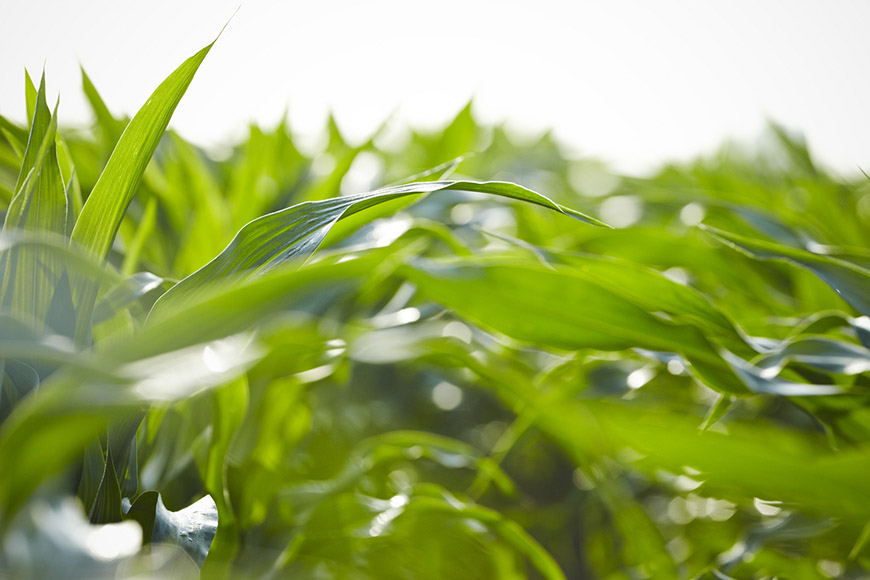Mother Nature Strikes Again

The majority of weed problems in Midwest corn fields last season were the result of untimely rains and excess moisture that delayed herbicide applications. Several WinField agronomists recently recapped 2015’s major weed issues and successful weed-control strategies in the Corn + Soybean Digest article, “Corn Weed Control Challenges, Successes in 2015.”
Agronomists noted that rainfall often made timely herbicide applications difficult, leading to larger, difficult-to-manage weeds. Resistant weeds also caused some farmers to reach deeper into their tools boxes for adequate control.
State highlights from the article included:
See the complete article here for more details.
Agronomists noted that rainfall often made timely herbicide applications difficult, leading to larger, difficult-to-manage weeds. Resistant weeds also caused some farmers to reach deeper into their tools boxes for adequate control.
State highlights from the article included:
- Illinois – Agronomist Glen Longabaugh reports on weed problems caused by heavy rains throughout the season. He notes that farmers using a two-pass program had the best overall results.
- Indiana – A wet 2014 fall, followed by heavy rains throughout the 2015 season delayed or prevented herbicide applications, resulting in major weed problems. Agronomist Jason Roth recommends fall tillage or burndown programs followed by multiple-pass treatments with overlapping residuals for successful control of tough weeds.
- Iowa – Resistance issues, weed species shifts and weather-related delays were just a few issues Iowa farmers faced, says agronomist Steve Barnhart. A multifaceted weed-control approach showed the most success last season, Barnhart says.
- Michigan – Early rainfall that continued throughout the growing season along with herbicide-resistant weeds complicated weed control for Michigan farmers in 2015, says agronomist Corey Guza. Aggressive management strategies are helping farmers successfully deal with resistance issues, Guza notes.
- Minnesota – Agronomist Mark Glady reports that early planting followed by cold, wet weather caused control issues for central Minnesota farmers. He says farmers who followed their set weed-control plan had the most success in 2015.
- South Dakota – Herbicide-resistant waterhemp is the top problem weed in South Dakota fields, says agronomist Ryan Wolf. Farmers who used a multi-pronged approach saw the best control of this tough weed, he observes.
- Wisconsin – Agronomist Todd Cardwell says herbicide-resistant giant ragweed and waterhemp were major weed challenges in Wisconsin fields last season. A preplant or preemergence herbicide application followed by a postemergence treatment showed the best control.
See the complete article here for more details.

